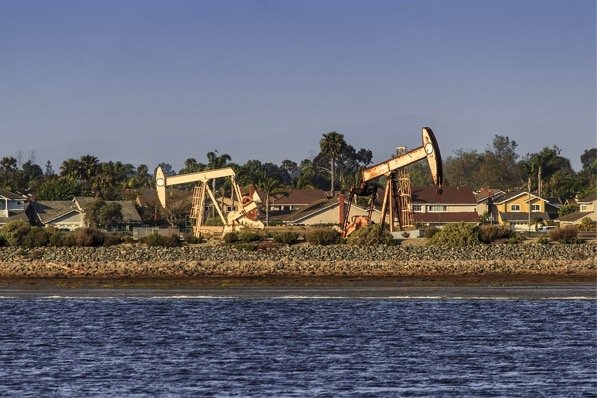What are your Rights After an Oil Field Injury?
Oilfield work pays well because of how physically demanding it is, the long hours demanded of those in the field, the isolation that often comes with these assignments, and the literal physical risks oil workers face. You should know your rights both in the field and off, especially after an oil field injury.

You Have a Right to a Safe Workplace
While not all risks can be eliminated or prevented, it is required that employers make the worksite as safe as possible. This includes implementing fail-safes, having safety procedures to minimize risk during high-risk situations like equipment changeovers, providing free safety equipment and ensuring its proper use. Workers have the right to report unsafe conditions and unsafe employees to their employer and employers are legally required to have formal procedures in place to take these reports.
You Have a Right to Workers’ Compensation for Work-Related Injuries
If you are hurt on the job through no fault of your own, it is not your employer’s obligation to pay your medical bills, not you. Work-related injuries should be covered by workers’ compensation, not your bank account. Employers have just cause to ask questions and verify that you aren’t trying to seek worker’s compensation and healthcare at their expense for an injury that occurred away from work, and it is their right to make certain you aren’t holding them liable for injuries that occurred during horseplay or illegal activities. However, this often results in the employer coming up with excuses not to refer a case to worker’s compensation.
The solution for employees and contractors is to contact an oil field injury attorney to take their case. Only a legal expert who understands the energy sector, as well as worker's compensation, can prove that the chemical exposure is due to conditions in the field, not chemical exposure working in the garage or second-hand smoke.
You Are Eligible for Compensation Even If the Employer Doesn’t Have Worker’s Compensation
There are some states that allow employers to opt out of workers’ compensation; their legal requirements include telling workers this up front before they agree to go out in the field. However, this doesn’t mean you don’t have recourse if injured working for these companies. Instead of filing a worker’s compensation claim with these companies, you need to hire an attorney and seek damages for the personal injury.
You Are Eligible for Worker’s Compensation for Anything on the Worksite
Many people think that unless they were injured by an exploding oil well or breathed in toxic fumes during a fire, nothing that happens on the worksite is covered by worker’s compensation. However, that isn’t the case. If you’re in a vehicle accident driving around the worksite, assuming you were driving for work purposes instead of joyriding, workers’ compensation should cover your injuries. If you fall from a significant height or something falls on you, workers’ compensation should apply. If you pass out from heat stroke because they didn’t give you enough water or became sick from chemical exposure, you have a case.
While the oil field is dangerous, employers are required to have worksite procedures in place to minimize the risk and maintain as safe a worksite as possible. Know your rights as an oilfield worker and the proper course of action to take if you are a victim of an accident so you get the retribution you deserve.
More to Read:
Previous Posts:





